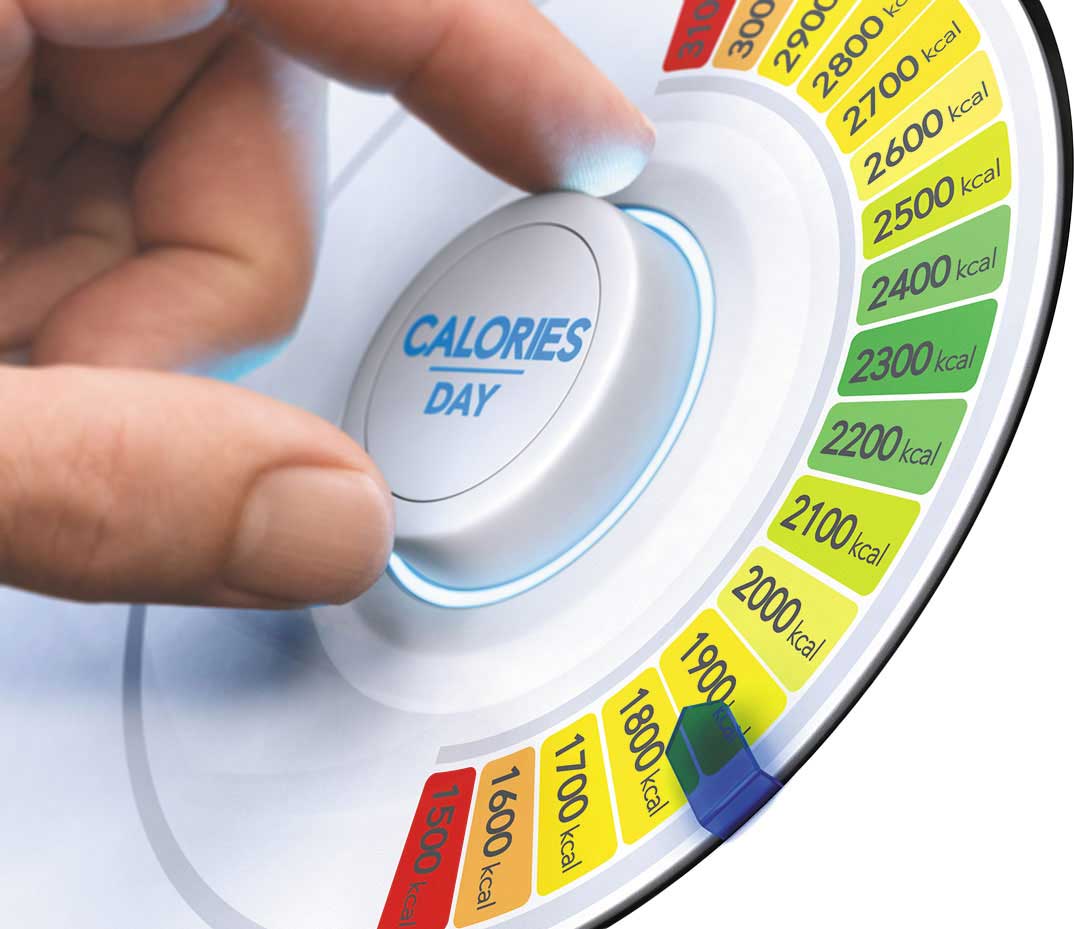Understanding your body requirements is an invaluable tool for developing fitness. Your daily body requirements include vitamins, minerals, protein and fibre. Vitamins and minerals are the elements that are necessary for chemical reactions that unlock energy or enable growth. Although your body can store some vitamins, a regular daily intake is important because some of the most vital vitamins, B and C, are water-soluble, so are quickly flushed out of the system.

- It’s important to ensure your daily food intake includes all the nutrients your body needs.
- Eat more fruit and vegetables.
- Eat less starchy foods such as rice, bread, potatoes and pasta (preferably whole grain varieties.
- Eat less fat, salt and sugar.
- Eat some protein-rich foods such as meat, fish, eggs and pulses.
- Eat a variety of foods to ensure your body gets all the nutrients it needs.
- Drink 6 to 8 glasses of fluid a day to prevent dehydration. In hotter climates, drink more.
The average woman needs around 2000 calories per day to fulfil her body requirements. This calorie requirement rises to 2500 for average men. However, these figures are based on averages and may be completely different for many individuals. If the same person becomes less active than calorie requirements will be lower. For this reason calorie requirements are highly individual and different for the different type of body characteristics such as height, gender, age and activity levels.
Energy is used up in physical work as well as in exercising for pleasure. People who do physically demanding work need to make sure they get enough food to meet their energy needs. It’s also important that they find time to rest and relax at the end of the day to let their bodies recover.
Children, and adults with less demanding physical work, have lower calorie requirements than People who do physically demanding work. They should exercise or play a sport to stay fit and maintain a proper weight. Brisk walking, swimming, jogging, cycling or playing ball games are all ideal.
Lack of exercise in the elderly can reinforce age related limitations and handicaps that further reduce physical activity. The elderly should therefore try to take diet according to their calorie requirements, and keep up a comfortable level of physical activity. Gentle exercise such as walking or swimming is ideal. Irregular, strenuous exercise should be avoided.
Those who have been inactive for long periods, especially if this is as a result of illness, should have a health check before starting to exercise or resuming heavy physical work. Activity levels should be built up gradually, taking care not to do too much too soon and fulfilling calorie requirements according to activity levels.
Moderation is the golden rule. Eating in moderation combined with moderate exercise is the best approach for everyone.
Regular exercise and a balanced diet that best meet their body requirements, helps people stay fit and healthy.
Calories: The Good and Bad
Making a commitment to have healthier eating habits is a tough one. Knowing how to implement that commitment may be even harder. Where do you start? What foods should you eat, and which ones should you stay away from? These are all questions you should answer before going out to the grocery store.
We need nutrients to survive. We need vitamins, minerals and calories everyday. There are two types of nutrients. Micronutrients are our vitamins and minerals and macronutrients are where our calories come from. The three types of macronutrients are fat, carbohydrates and proteins.
Many people think that all fats are bad and recently started thinking all carbohydrates are bad too. That leaves us with just protein. If this were the case, our diets wouldn’t be very enjoyable. Fortunately not all fats are bad and the same goes for carbohydrates.
With all the negative publicity recently, you might be afraid to eat any carbohydrates. Carbohydrates are our main fuel source. Our brain can’t use anything else to power itself with and our muscles will work the best on it. Don’t deprive yourself of it. Carbohydrates that you should stay away from are simple sugars that are found in candy, sodas and many snacks. Good carbohydrates such as whole wheats and fruits will keep you energised throughout the day and avoid sugar highs and lows.
Fats are also very important. Without fat, our body wouldn’t be able to utilise some of the vitamins we consume. Fat is found in our cell walls and makes up a big part of hormones. Fats you should avoid are saturated fats that come in meat, milk and dairy products. Everyone should consume good (unsaturated fats) that come from plant sources such as nuts and olives.
For More Detail Visit: https://www.nutridiet.co.uk/
Author By Eishah Al-Asbahi

Jesus is a health blog author who has been writing about nutrition, fitness and healthy living for over 10 years. He also loves to run, hike and bike with her wife.






